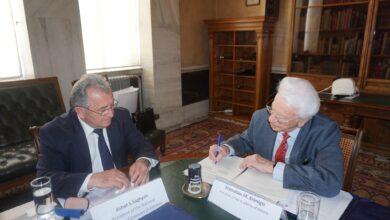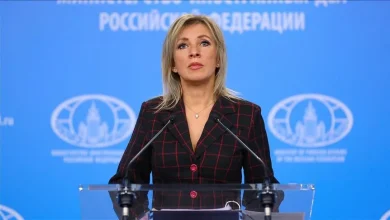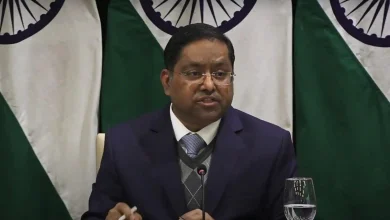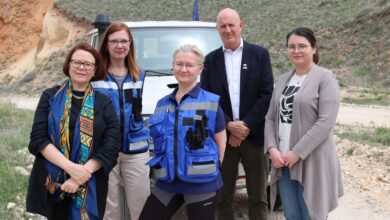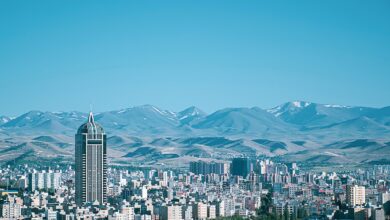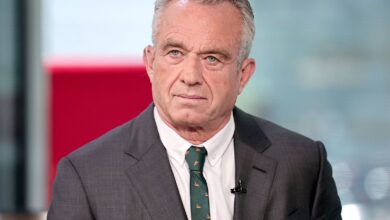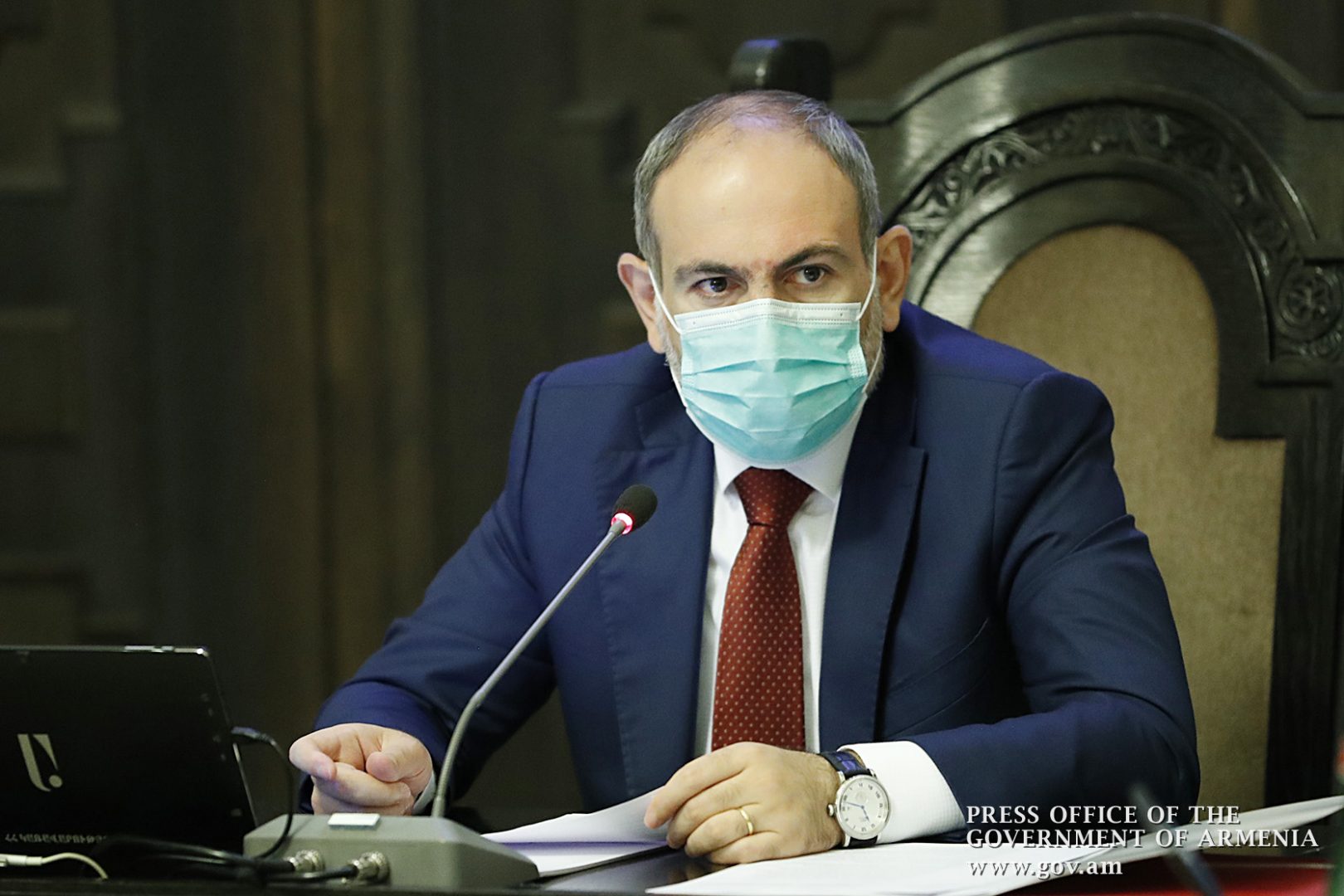
The Armenian Armed Forces, the Armenian Army not only showed high combat efficiency during the recent clashes, but also reaffirmed the status of the most efficient, most intelligent army in the region, Armenian Prime Minister Nikol Pashinyan told a cabinet meeting today.
The Prime Minister’s speech in full is provided below:
As you know, on July 12, Azerbaijan attacked our border positions in Tavush region. The Armenian Armed Forces not only repulsed the enemy’s attacks, but also inflicted significant damage on it.
The Azerbaijani side has suffered numerous losses, including in armaments and state – of – the – art equipment, which is a clear victory for the Armenian military force, the military – industrial complex.
Much stronger was the moral and psychological blow to the enemy, and the incidents on the border have resulted in an unstable domestic political situation in Azerbaijan, which forces the country’s leadership to resort to new provocations to direct the energy of internal discontent against Armenia and Artsakh.
Against the background of all this, I consider it necessary to make some important notes.
First, Azerbaijan attacked the sovereign territory of Armenia. I must emphasize once again that the positions that became the center of the events of the last two weeks are in the sovereign territory of Armenia. Azerbaijan’s accusations against Armenia of aggression against it are simply absurd.
Azerbaijan undertook the attack when Armenia was involved in the peaceful settlement of the Nagorno-Karabakh conflict, and in a conditions when Azerbaijan was refusing to negotiate with the main party to the conflict, Artsakh.
All the attacks of Azerbaijan were resolutely repulsed, the Armenian side more than strengthened its position on the border. The Azerbaijani myth that its army can defeat the Armenian army, and therefore Armenia and Artsakh must make concessions, simply vanished.
We had long been urging Azerbaijan not to try to talk to us from the position of force, in the language of force, with threats of force. And now we can say that Armenia not only rejected the threat of force around at the diplomatic table, but also showed on the battlefield that those are baseless and do not reflect the real balance of power. When I say real balance of power, I do not mean only the number of weapons and the Armed Forces, but first of all the quality of their actions, the level of management.
Now we can say for sure that the Armenian Armed Forces, the Armenian Army not only showed high combat efficiency, but also reaffirmed the status of the most efficient, most intelligent army in the region. And this is not just a statement, but a conclusion drawn from a detailed analysis following the events after July 12. Our army has always been and continues to be a source of national pride and once again reaffirmed its status in Tavush.
I also attach importance to the fact that the Armenian society showed unanimous support and trust in its legitimate government, and the Armed Forces. I would like to emphasize the unity of our compatriots in the Diaspora, their dedication to helping Armenia, their prudence and soberness. These days, our compatriots in the Diaspora once again showed that we are one whole, one family, one spirit, one identity.
Beloved compatriots,
Dear colleagues,
During these past days we demonstrated a responsible and confident attitude to the international community. We remained committed to the three ceasefire agreements, which were being successively violated by Azerbaijan, causing new losses to its armed forces each time.
We did not come forth with threats against the people of Azerbaijan, its civilian infrastructure, even when the Ministry of Defense of Azerbaijan threatened to fire a missile at the Metsamor nuclear power plant. By the way, this threat should be subject to a serious international investigation, because it shows the essence of Azerbaijan as a terrorist state.
After July 12, the international community issued numerous calls to condemn the ceasefire violations and to end the violence. The OSCE Minsk Group Co-Chairs and their countries have made a great contribution to the resumption of the ceasefire. In this regard, particularly effective was the involvement of the Russian Federation, as expressed at the level of both the Ministry of Foreign Affairs and the General Staff of the Armed Forces.
Turkey was the only country trying to provoke more violence instead of calming down the situation. Given the country’s destabilizing aggressive policy in a number of bordering regions and its traditional anti-Armenian policy reflected in the justification of the Armenian Genocide, this action of Turkey was not a big surprise. But the increase in its aggression raises the need for some revision of our policy, including in terms of our participation in international formats to curb Turkey’s aggression, this behavior of Turkey was not a big surprise.
Beloved compatriots,
Dear colleagues,
There is no doubt that we are coming out of this ordeal victorious, confident in our power, in the endurance of our people and society.
But we also need to draw certain conclusions. We cannot ignore what happened. We cannot ignore the fact that in 2016 for the second time since April, Azerbaijan applied to force, when there was a peace process, when there was a call from the OSCE Minsk Group Co-Chairs to refrain from provocative actions and rhetoric. Azerbaijan used force at a time when the whole world is concentrating its forces and resources in the fight against the global pandemic that has befallen humanity.
Whatever, we have strengthened our position after the victorious battles in July, and this is reflected in the following:
First. The general security system of Armenia and Artsakh needs to be further strengthened. From this point of view, I attach great importance to our close cooperation with the Artsakh Republic, and to ascribing new content to that collaboration, in line with existing threats.
Second. The Republic of Artsakh must become a full-fledged party to the negotiations.
Third. Azerbaijan must publicly renounce the use of force and take credible steps to end anti-Armenian rhetoric.
Fourth. Negotiations must be meaningful. Azerbaijan’s approach that the talks are a continuation of the war, and that their goal is to resolve military issues at the negotiating table, makes the whole negotiation process meaningless. Negotiations make sense if Azerbaijan is ready to back down from its maximalist approach and is ready to compromise. The recognition of the right of the people of Artsakh to self-determination without any restriction, the security of the people of Armenia and Artsakh cannot be compromised under any circumstances.
Fifth. In recent days, Azerbaijan has targeted the civilian population and infrastructure of a number of border villages in Tavush region. The countries supplying weapons to Azerbaijan must clearly realize that the use of these weapons is a crime against the civilian population, as it gives the impression that it is not Azerbaijan fighting against the Armed Forces and the civilian population of Armenia, but international corporations producing high-precision lethal weapons and their specialists. The conflict, which has been going on for three decades, is seriously damaging the border settlements of Armenia and the people living in Artsakh, violating their political, economic, environmental, movement and other rights. The approach that these rights can be exercised only after the settlement of the conflict is not acceptable. The problems of the people living in the conflict zone should become a priority part of the negotiation agenda.
Sixth. Monitoring of the ceasefire that existed before the epidemic is in fact very limited. It is necessary to introduce effective international monitoring, which will be permanent and will have control mechanisms that will record which side violated the ceasefire each time. Such monitoring activities can be carried out by the Office of the Personal Representative of the OSCE Chairman-in-Office, which has years of experience in the region, and can ensure the constant presence of OSCE observers in the region, both at the state border and on the line of contact.
Providing direct on-the-spot communication between the military is an effective tool for preventing and clarifying incidents.
Seventh. Armenia will continue to work with the OSCE Minsk Group Co-Chairs for the peaceful settlement of the conflict. We have resolutely rejected and will reject Turkey’s attempts to destabilize the region by manipulating the conflict.
Beloved compatriots,
Dear colleagues,
The victorious battles of July 2010 showed that as a result of non-violent, velvet, people’s revolution, and subsequent democratization, fight against corruption, reforms, a new concept of army development, our country and society have reached a new level of endurance and unity. We can be inspired by this fact, but that enthusiasm must be transformed into daily creative work to develop the economic, political, military and diplomatic potential of our country. And we will win, because our victory is the victory of justice, the victory of truth, the victory of humanity. Thank you.


